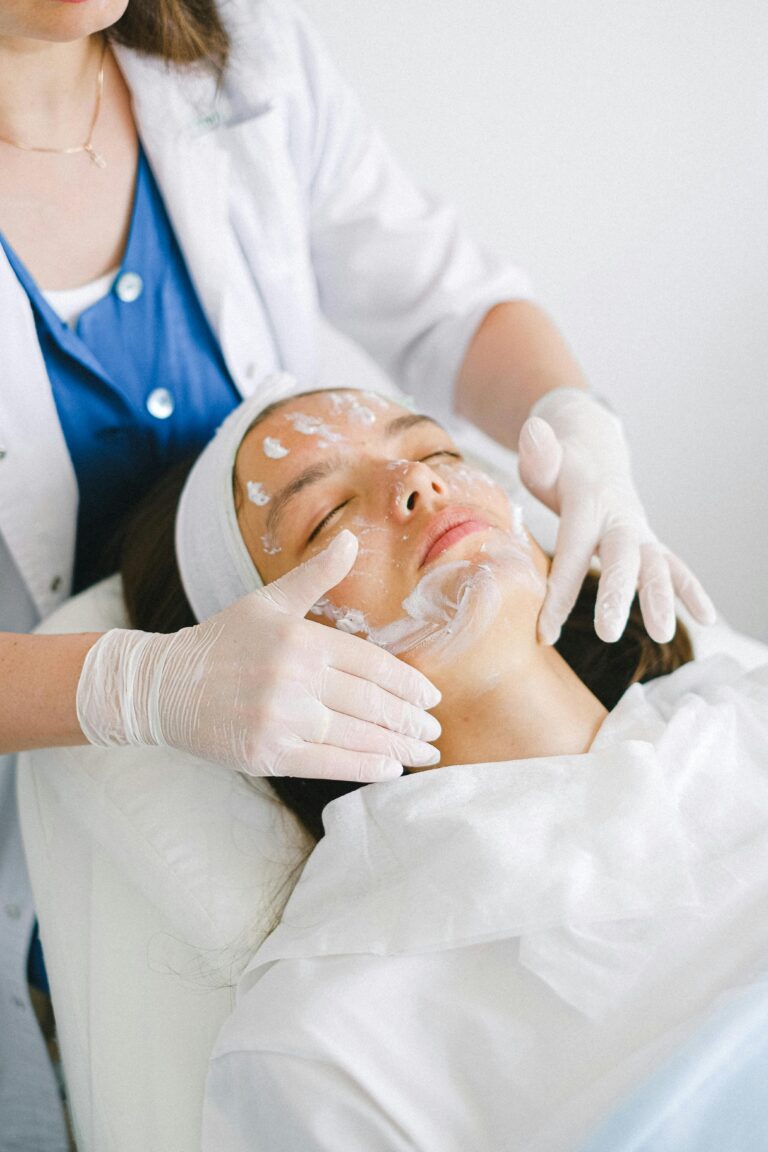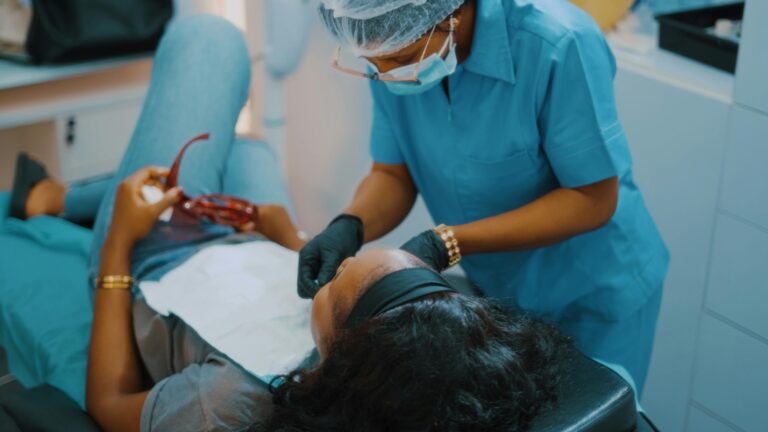Ayurvedic remedies for nasal polyps
Soft, non-cancerous growths called nasal polyps form on the lining of your sinuses and nasal passageways. They might cause numerous symptoms, such as breathing difficulties, sinus infections, and congestion in the nose. Many people look for natural alternatives to conventional therapies like surgery and steroids, even though these are frequently advised. An age-old Indian medical system called Ayurveda provides efficient treatments for controlling and eliminating nasal polyps. Lifewin offers individualised, holistic Ayurvedic therapies emphasising general well-being and long-term healing.
Understanding Nasal Polyps in Ayurveda
Nasal polyps are frequently linked in Ayurveda to dosha imbalances, especially with the Kapha dosha. The Kapha controls the body’s fluids and mucus. Polyp formation and profuse mucus production are symptoms of an exacerbated Kapha. Ayurvedic medicine aims to boost the body’s inherent healing abilities, lower inflammation, and balance the doshas.
Key Ayurvedic Remedies for Nasal Polyps
Herbal Remedies
Turmeric: Turmeric, which has anti-inflammatory and antioxidant qualities, can help shrink nasal polyps and lessen associated discomfort. Drinking turmeric milk or incorporating turmeric into regular meals may be advantageous.
Ginger: Ginger, another strong anti-inflammatory plant, eases congestion and inflammation. Nasal polyps can be managed by consuming ginger tea or adding ginger to your diet.
Haridra (Curcuma longa): This herb’s strong anti-inflammatory qualities help shrink polyp size and prevent recurrence.
Nasya Therapy
An Ayurvedic procedure called “nasya” involves putting herbal oils or powders into the nasal passages. It facilitates congestion reduction, polyp reduction, and nasal tube cleansing. A typical Ayurvedic oil used for Nasya therapy is called anu taila.

Dietary Modifications
Kapha-Pacifying Diet: It’s imperative to eat a diet that balances Kapha. Steer clear of dairy products, processed foods, and cold beverages because these might cause mucus and kapha production to rise. Choose warm, prepared foods, herbs, and spices that aid digestion and lessen mucus as an alternative.
Hydration: Maintaining adequate hydration aids in mucous thinning and polyp development prevention. It is advised to sip warm water throughout the day.
Lifestyle Changes
Pranayama: Breathing techniques like Kapalbhati and Anulom Vilom improve respiratory health and lessen nasal congestion. Daily practice of these exercises can be very helpful.
Steam Inhalation: Steam inhaled that has been infused with peppermint or eucalyptus oil can help cleanse the nasal passages and lower inflammation.
Ayurveda strongly emphasises the necessity of cleansing the body to eliminate toxins (Ama) that cause polyps to grow. A thorough detoxification practice called panchakarma might aid body cleansing and dosha restoration. It involves purging (Virechana) and therapeutic vomiting (Vamana) to eliminate toxins and enhance general health.

Lifewin's Holistic Approach
At Lifewin, we recognise that every person is different, including their condition. Our skilled Ayurvedic practitioners conduct in-depth consultations to comprehend your individual symptoms, dosha imbalances, and general health. Based on this evaluation, we develop a customised treatment plan that may involve a mix of herbal treatments, nutritional advice, lifestyle modifications, and detoxification therapies.
Success Stories
Following a diet that pacifies Kapha and practicing Pranayama under our instruction, Priya, who had nasal polyps and chronic sinusitis, had a tremendous improvement in her condition. Her condition improved, and her quality of life returned.
Mr. Ravi K.: Ravi came to Lifewin after battling recurrent nasal polyps and going through several procedures. With the help of our customised Ayurvedic treatment plan, which included Nasya therapy and herbal treatments, Ravi’s breathing improved and his polyps significantly decreased.
Ms. Priya M.: Priya, who had nasal polyps and chronic sinusitis, improved dramatically after we guided her in practicing Pranayama and eating a diet that pacified her Kapha. Her quality of life returned as her problems subsided. “Vamana Ayurvedic Treatment in Ghaziabad“
